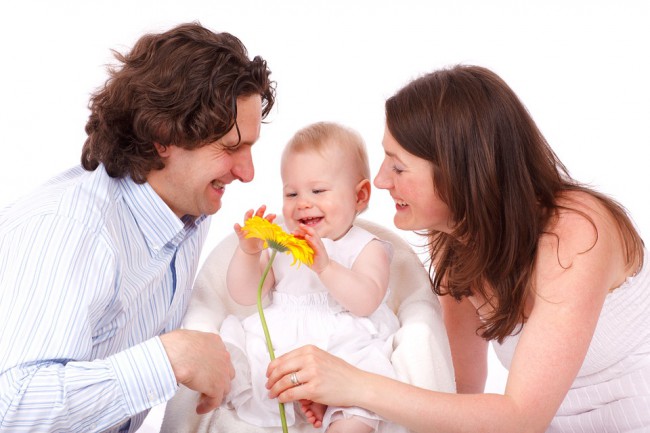25 Ways to Say ‘Family’ in Irish, Cuid a Dó (Pt. 2) Posted by róislín on Feb 27, 2016 in Irish Language
(le Róislín)
In the last blog, we looked at the first four in our list of 25 ways to say “family” in Irish: teaghlach, clann, líon tí and comhluadar. Today we’ll continue with some words pertaining to the family as responsibility. We’ll use the same format, the basic term, the definitions, additional forms of the word, and, in some cases, some extra notes. A few pronunciation tips will be interspersed.
B. Family As Responsibility
5. cúram, family, responsibility, care, charge, task, etc.; an cúram (gs: Go bhfága Dia os cionn do chúraim thú!). For the plural, I can give the forms, but I think these are much more likely to pertain to “cares” and “responsibilities” than to “families” as such. The plural is “na cúraimí” [nuh KOOR-uh-mee] and the genitive plural is “na gcúraimí” [nuh GOOR-uh-mee].
Even the genitive singular form of this word, with the “-aim” ending, doesn’t strike me as particularly resonant, although the blessing given nicely fills the gap. Literally it means “May God leave (spare) you “above” (in charge of, looking after) your family” and it’s a nice example of the subjunctive mood, not used too much in Irish these days except for blessings and curses and when we say thank you (Go raibh maith agat!).
In my experience, the adjective form of this word, “cúramach” (careful) is used more than “cúram” for family as such.
Pronunciation tip for “Go bhfága Dia os cionn do chúraim thú!” [guh WAW-guh DJEE-uh uss kyun duh KHOOR-im HOO!]
6. muirín, family, burden, load, encumbrance, etc.; an mhuirín [un WIRzh-een OR un VIRzh-een] (gs: na muiríne). For the genitive, the only examples that come readily to mind are without the definite article: beartú muiríne (family planning, lit. planning of family) and “cothú muiríne” (maintenance, lit. “feeding, fostering, supporting, etc.” of a family). I haven’t heard the plural forms used much but they would be “na muiríneacha,” both as subject and in the possessive. When referring to “burdens” or “loads,” the meaning of “muirín” is mainly in the abstract, with “ualach” being the typical word for a load you physically carry (a box, a sack, etc.).
Remember, with searches for the word “muirín,” you’re also likely to come up with hits referring to “muirín” as a “scallop,” such as “muiríní friochta” (fried scallops). Also, just to add to the mix, “muiríne” (of a family) will look exactly like the word for “marina,” as in “muiríne luamh” ( a yacht marina) or “radharc na muiríne” (marina view).
7. muirear, family, charge, encumbrance, burden, load; an muirear. I hesitate even to give the genitive or plural forms here, since we’re primarily interested in this word as meaning “family.” None of the examples I see in the genitive case have to do with families; they all have to do with charges for services, fixed charges, taxes, etc. (as in “cion muirir sheasta,” a fixed charge offence in driving, or “muirir bhaile,” town charges in local government). If we were naming family members, for example, I’d use “ainmneacha na ndaoine sa teaghlach,” not any form of “muirear.”
Bhuel, sin trí théarma eile, ar a laghad. I bhfad níos mó le teacht. SGF — Róislín

Build vocabulary, practice pronunciation, and more with Transparent Language Online. Available anytime, anywhere, on any device.





Leave a comment: